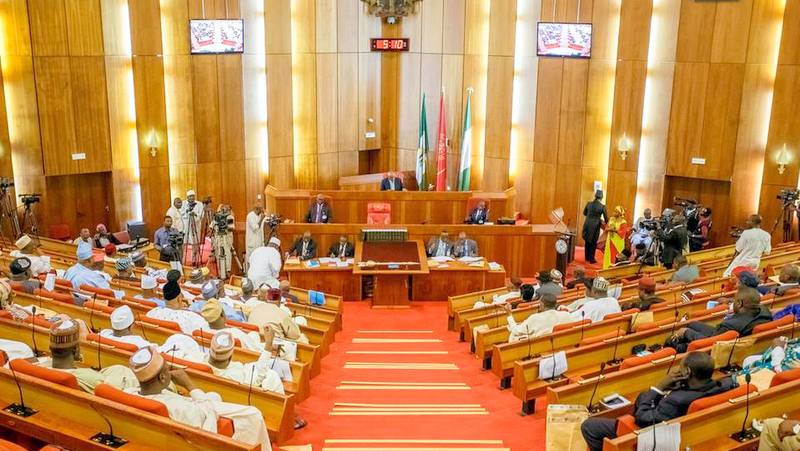
The President of the Senate, Bukola Saraki, has said the Senate will pass the Whistle Blower Protection Bill in July 2017.
He made this known at the launch of “Antidotes for Corruption: The Nigerian Story”, a book written by Dino Melaye, the senator representing Kogi West, on Monday in Abuja.
Mr. Saraki said when backed by legislation, whistle-blowing would have greater value “and it is hoped that we can pass it before July this year”.
According to him, other anti-corruption legislation being considered by the Senate include the Proceeds of Crime Bill, the Special Anti-Corruption Court, which will be done through constitutional amendment and the Mutual Assistance in Criminal Matters Bill.
Mr. Saraki said the executive and legislature must work hard to make it difficult for proceeds of corruption to find any hope.
“We must fight corruption with sincerity. We must aim to go to the root of the problem. We must strengthen our institutions.
“If we work on prevention we will get to a milestone in our fight against corruption,’’ he said.
He said it was imperative for government at all levels to demonstrate that they were not in office for the pursuit of private gains, but to make Nigerians happier.
The senate president explained that such approach in governance would enable citizens to meet their legitimate aspirations and achieve higher quality of live.
“Nigeria and Nigerians have not accepted corruption as normal; we recognize it as a problem; we are determined to make a break with our past and live by different rules.”
According to him, the reason our fight against corruption has met with rather limited success is that we appeared to have favoured punishment over deterrence.
“We must review our approaches in favour of building systems that make it a lot more difficult to carry out corrupt acts or to find a safe haven for corruption proceeds within our borders.
“In doing this, we must continue to strengthen accountability, significantly limit discretion in public spending, and promote greater openness,” he said.
Mr. Saraki said the passage of the 2017 budget by the National Assembly was the first major step in ensuring openness.
“For the first time in our political history, the budget of the National Assembly changed from a one-line item to a 34-page document that shows details of how we plan to utilize the public funds that we appropriate to ourselves.
“The people are demanding more openness, more accountability and more convictions.
“Those of us in government are also responding, joining the conversation and accepting that the basis of our legitimacy as government is our manifest accountability to the people,” he said.
He further said that providing more opportunities for Nigerians would help in winning the crusade against graft, adding that if government provided basic amenities, corruption would be minimised.
In his address, a former Speaker of the House of Representatives, Ghali Umar Na’abba, said corruption was a result of failure in leadership.
He added that nepotism, stealing and all deviance to culture were acts of corruption, and called on all stakeholders to join in the fight against the menace.
On his part, the book reviewer, Kabiru Mato of the University of Abuja, said the book had 500 pages with 14 chapters.
Mr. Mato, who was represented by Abubakar Ahmed of Sociology Department of the institution, said with corruption, there would be no sustainable development.
The author of the book, Mr. Melaye, who is Chairman, Senate Committee on Federal Capital Territory (FCT), said the fight against corruption in Nigeria was total.
“My motion on Treasury Single Account (TSA) got over N7 billion recovered to government treasury.
“Ninety per cent of my Bills and Motions bothered on corruption. This is because it is the bane of our development.
“Once we get corruption right, development is imminent,” he said.
Mr. Melaye appreciated his colleagues, Nigerians and the media for their support.
Present at the event were lawmakers and other eminent Nigerians, including former first lady, Patience Jonathan.
END

Be the first to comment